President Donald Trump's personal attorney, Michael Cohen, has for years pledged his allegiance to the president. For example, in a Fox News interview last year, Cohen claimed: “I will do anything to protect Mr. Trump.’’ He told Vanity Fair in September that “I’m the guy who would take a bullet for the president,” adding, “I’d never walk away.”
But the president's lawyers and advisers believe that Cohen, who has a wife and two children, will likely cooperate with federal authorities who are investigating him for activities related, at least in part, to the president.
Cohen has found himself at the center of the questions regarding a payment Stephanie Clifford, an adult film actress better known as Stormy Daniels, received from him as part of the non-disclosure agreement to keep her from discussing a sexual encounter with Trump back in 2006, while he was married to his current wife, Melania, and just a few months after Melania gave birth to their son, Barron. A separate lawsuit filed by Clifford contends that Cohen initiated a “bogus arbitration” hearing against her without notifying her beforehand, and a copy of the restraining order against Clifford confirms that the judge made a “one-party” ruling that did not require her to be notified.
Cohen has claimed that he paid Clifford out of his own pocket and that the president never reimbursed him for the settlement. But during a highly publicized 60 Minutes broadcast, Clifford’s attorney, Michael Avenatti, presented documents showing that the payment was sent to Cohen at his Trump Tower location, and communicated through his official Trump Organization email, indicating that he made the payment on Trump’s behalf. Analysts have posited that the exchange of funds could well be an illegal campaign expenditure on Trump’s behalf.
According to Roger Stone, a longtime Trump ally and adviser, “Donald goes out of his way" to treat Cohen "like garbage." A New York Times report derived from "interviews with a half-dozen people familiar with" the Cohen-Trump relationship confirms that for years Trump has treated Cohen poorly and that their relationship has soured, particularly since his home, office, and hotel room were raided by federal agents last week:
Although Mr. Trump called Mr. Cohen last Friday, four days after the raid, to “check in,’’ according to people familiar with the call, he and Mr. Cohen have spoken little since Mr. Trump entered the White House. The two men did have dinner together at Mar-a-Lago, Mr. Trump’s private club in Florida, a few weeks ago, but since the raid Mr. Cohen has told associates he feels isolated.
Sam Nunberg, a former aide to Trump who worked with Cohen and Stone, believes that Cohen now has "leverage" over the president––and that he should "maximize" it:
The softer side of the president genuinely has an affection for Michael. However, the president has also taken Michael for granted... whenever anyone complains to me about Trump screwing them over, my reflective response is that person has nothing to complain about compared to Michael.
Trump biographer Tim O'Brien evoked the name of Roy Cohn, Trump's former mentor, while contributing his observations of the relationship between Trump and Cohen:
He clearly doesn’t think that Michael Cohen is his Roy Cohn. I think his abusive behavior to Michael is animated by his feeling that Michael is inadequate.
Trump, whose capricious and combative personality has been well documented, threatened to fire his unflinchingly loyal personal lawyer and fixer many times over the years, The Times notes:
Over the years, Mr. Trump threatened to fire Mr. Cohen over deals that didn’t work out, or snafus with business projects, people who were present for the discussions said. He was aware that Mr. Cohen benefited in other business projects as being seen as affiliated with the Trump Organization, and it irked him.
Even searching "Michael Cohen flip" on Twitter yields a treasure trove of observations from pundits, commentators and the general public alike––they, too, believe Cohen will, as Stephanie Clifford's attorney, Michael Avenatti, pointed out during an appearance on The View earlier this week, be indicted.
"Jay Goldberg, Trump lawyer, says to @ErinBurnett he told Trump that Michael Cohen may flip and provide false testimony against POTUS bc Cohen is a person of weak moral character and is scared of jail time. He also told Trump that he believes Mueller deputy Weissmann is unfair," reported CNN's Manu Raju.
Goldberg even appeared on CNN to share that Cohen told him he's concerned about "facing a lengthy prison term" and considerably worried about "getting raped" in prison, noting that "Prison has a racial overtone."
Scott Dworkin, host of The Dworkin Report podcast, says, "It looks more and more like Michael Cohen is going to flip on Trump. If he or [former campaign chairman Paul] Manafort does, it's over."
The president has not yet commented on these reports, and has kept his communications with Cohen to a minimum. Shortly after the federal raid of Cohen's office, he sent a couple of furious tweets, calling the raid “A TOTAL WITCH HUNT”, and claiming that attorney-client privilege is “dead.”
Since the raid was the result of a “referral” to authorities in the Southern District of New York, analysts believe it’s likely related to a crime that Mueller’s team uncovered but that is outside the scope of the federal investigation. According to Harry Litman, a former U.S. attorney and deputy assistant attorney general, the way the FBI handled the raid demonstrates the seriousness with which the Department of Justice treats material that might be protected by attorney-client privilege.
“It’s very unusual for the Department of Justice to permit prosecutors to raid an attorney’s office and that’s because you want to be careful not to get privileged material,” said Litman.
To get the approval to raid Cohen’s office, prosecutors would have had to demonstrate to a federal magistrate both probable cause and the need for a warrant instead of a subpoena. Additionally, the probable cause would have to relate to a crime centered on Cohen, not Trump or someone else. A “taint team” would also be employed to examine materials before they are handed over to prosecutors to make sure that those conducting the case never see anything that might be “tainted” by attorney-client privilege.
Litman notes that there is only one way the prosecution would be permitted to examine any material that might otherwise fall under the attorney-client umbrella: if it is determined to be part of a crime jointly undertaken by the attorney and the client. The taint team would have to get the approval of the court to present the material to the prosecution.





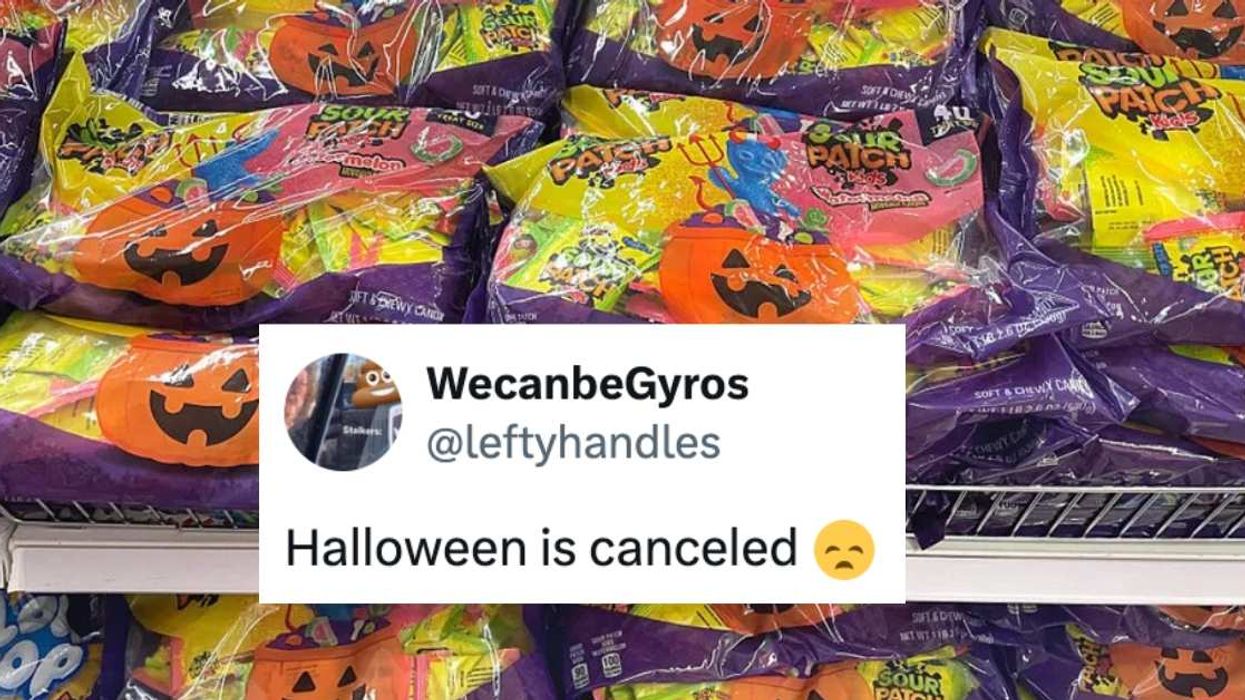


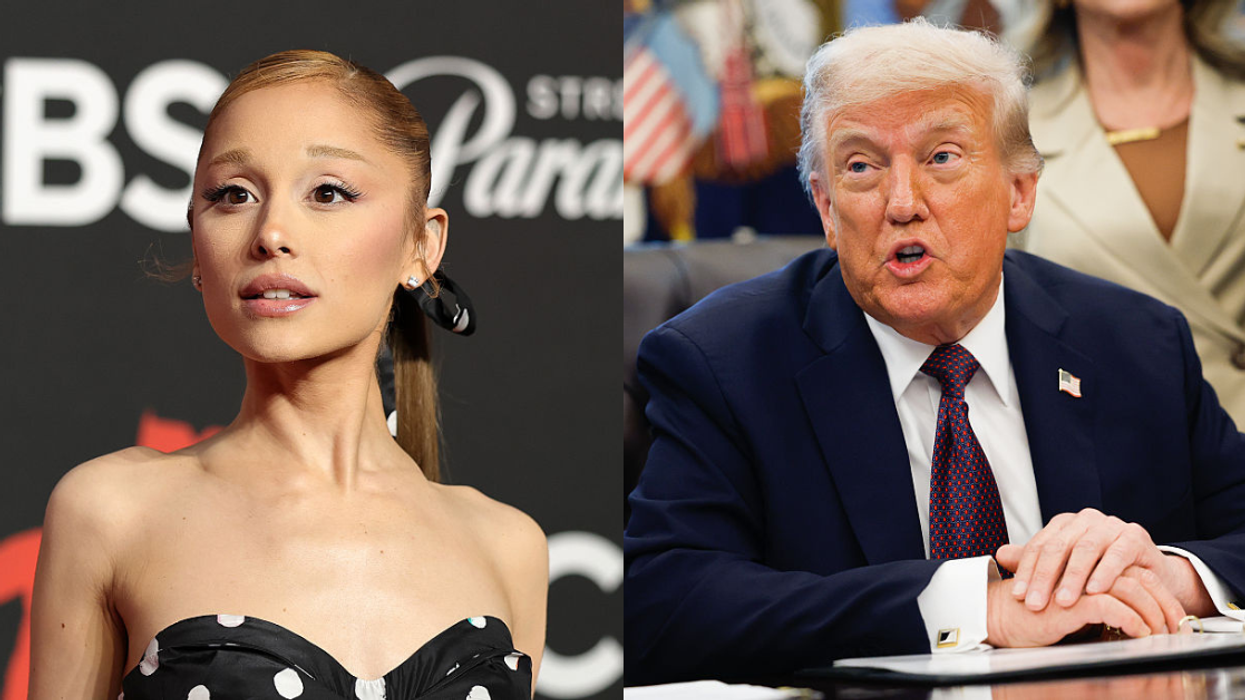
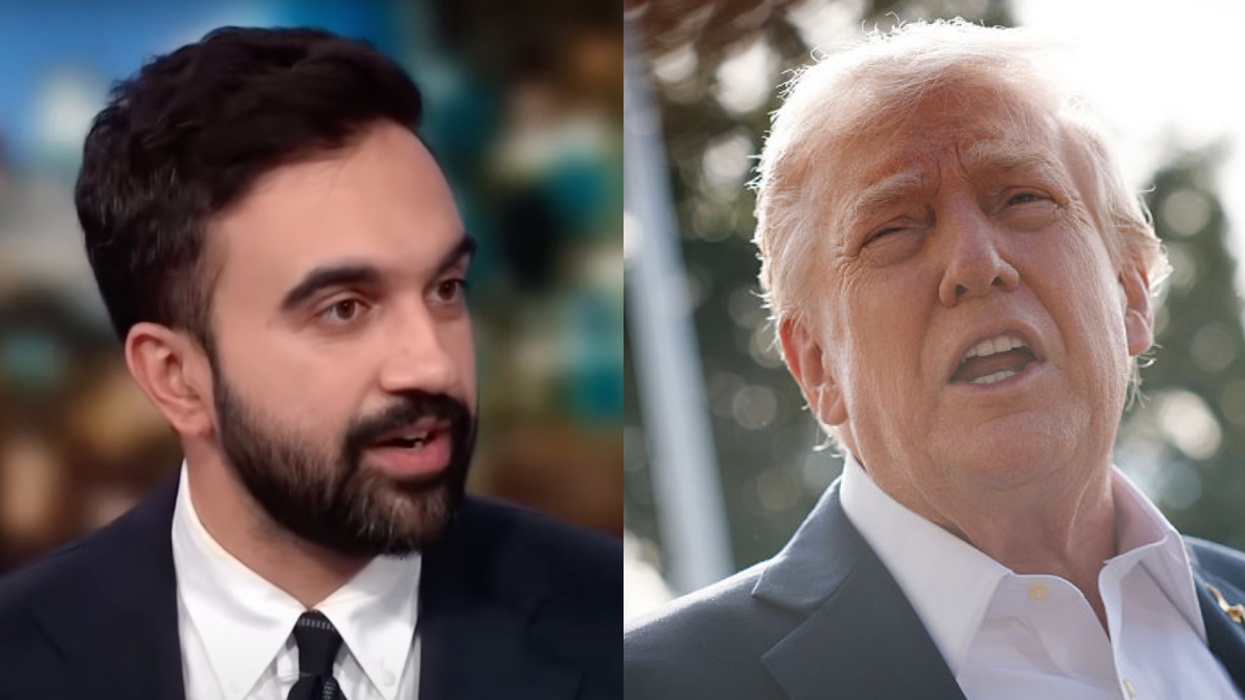
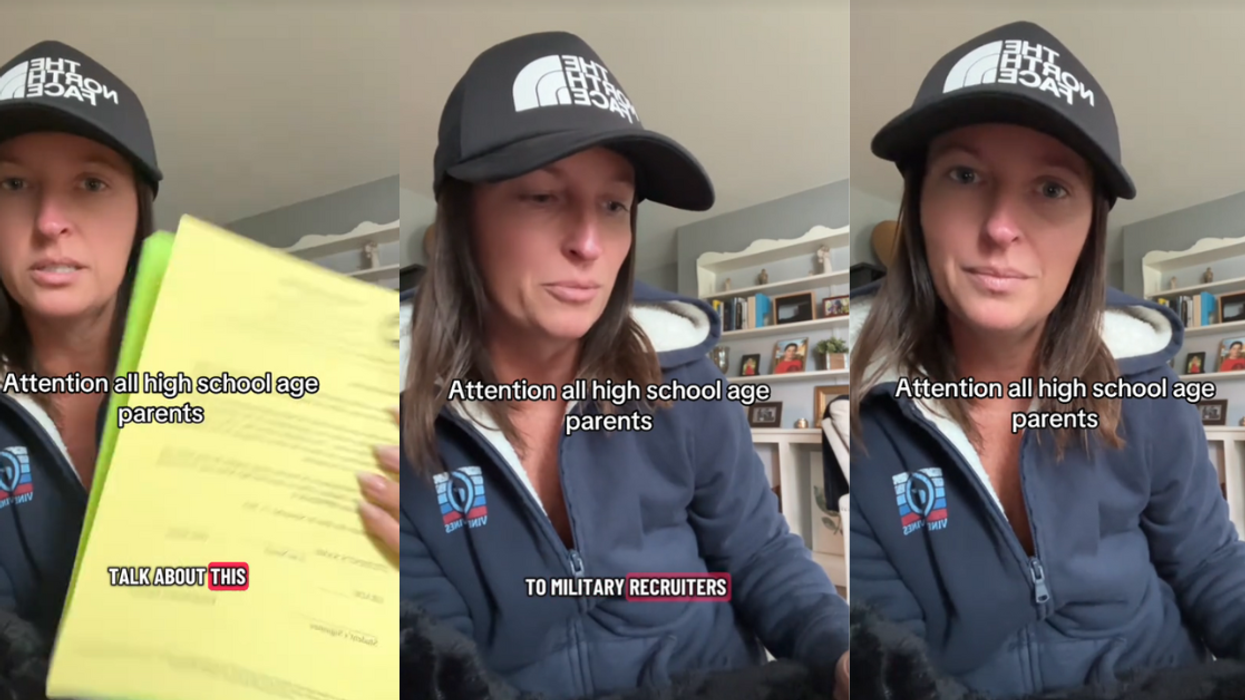
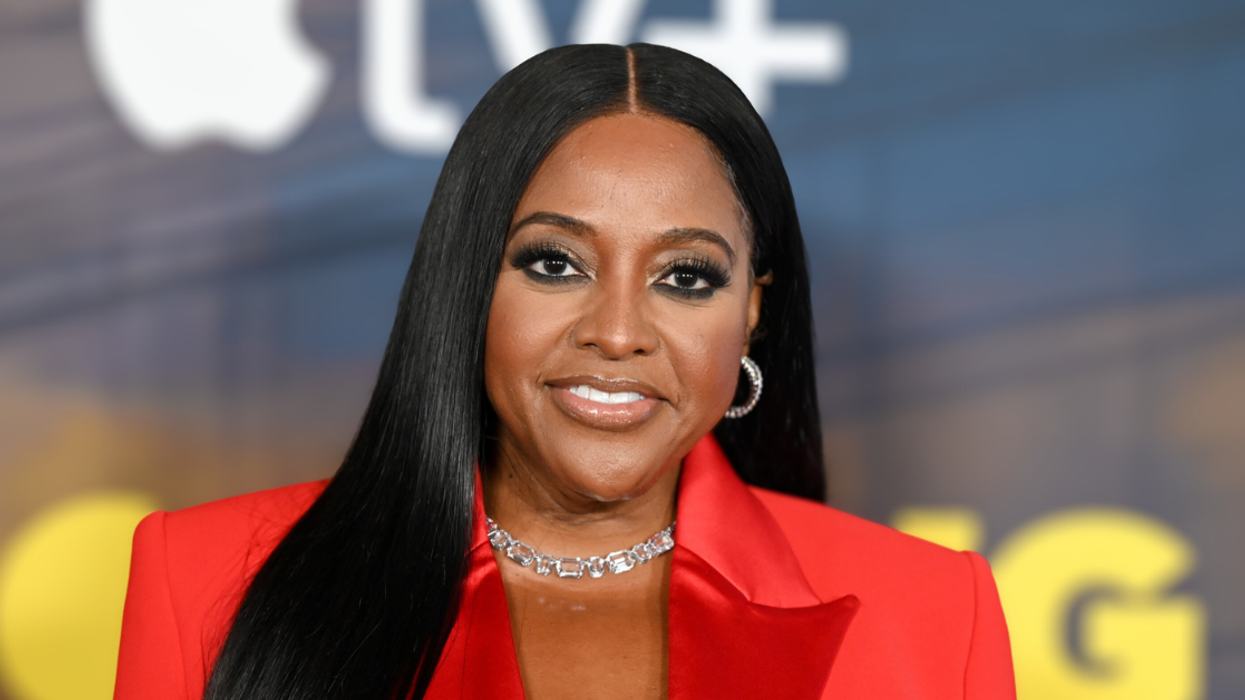
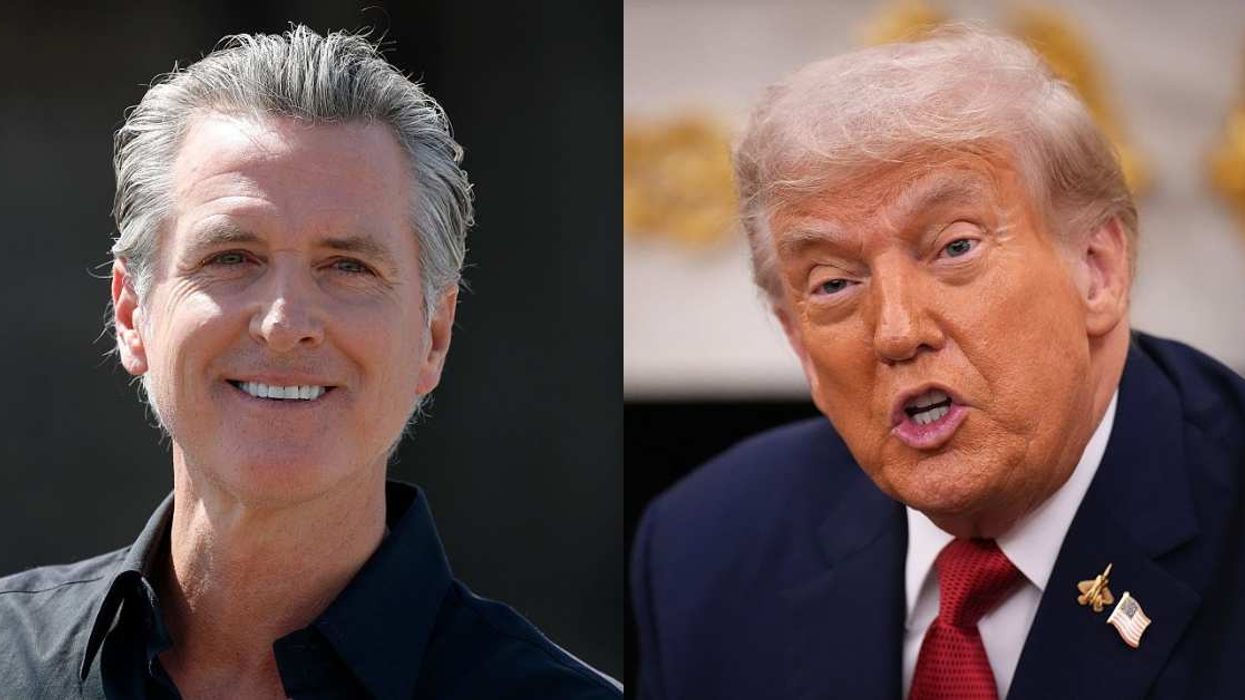
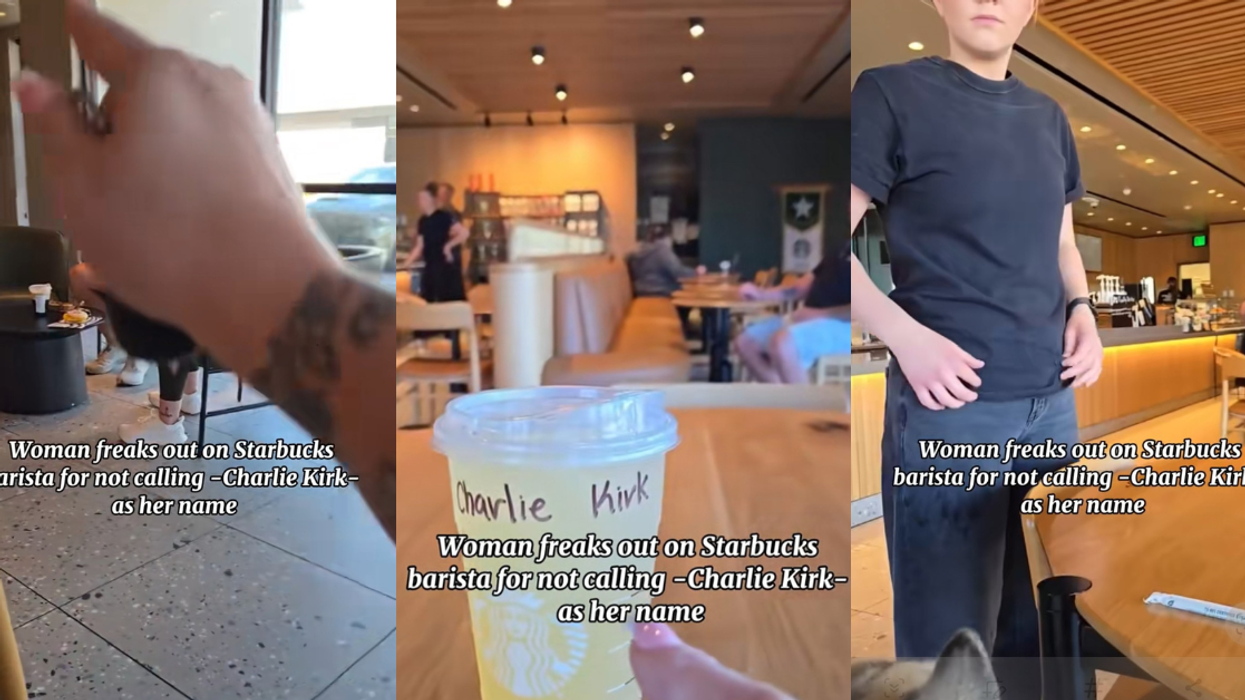

 @homefood_usa/TikTok
@homefood_usa/TikTok @homefood_usa/TikTok
@homefood_usa/TikTok @homefood_usa/TikTok
@homefood_usa/TikTok @homefood_usa/TikTok
@homefood_usa/TikTok @homefood_usa/TikTok
@homefood_usa/TikTok @homefood_usa/TikTok
@homefood_usa/TikTok @homefood_usa/TikTok
@homefood_usa/TikTok @homefood_usa/TikTok
@homefood_usa/TikTok @homefood_usa/TikTok
@homefood_usa/TikTok @homefood_usa/TikTok
@homefood_usa/TikTok @homefood_usa/TikTok
@homefood_usa/TikTok @homefood_usa/TikTok
@homefood_usa/TikTok @homefood_usa/TikTok
@homefood_usa/TikTok @homefood_usa/TikTok
@homefood_usa/TikTok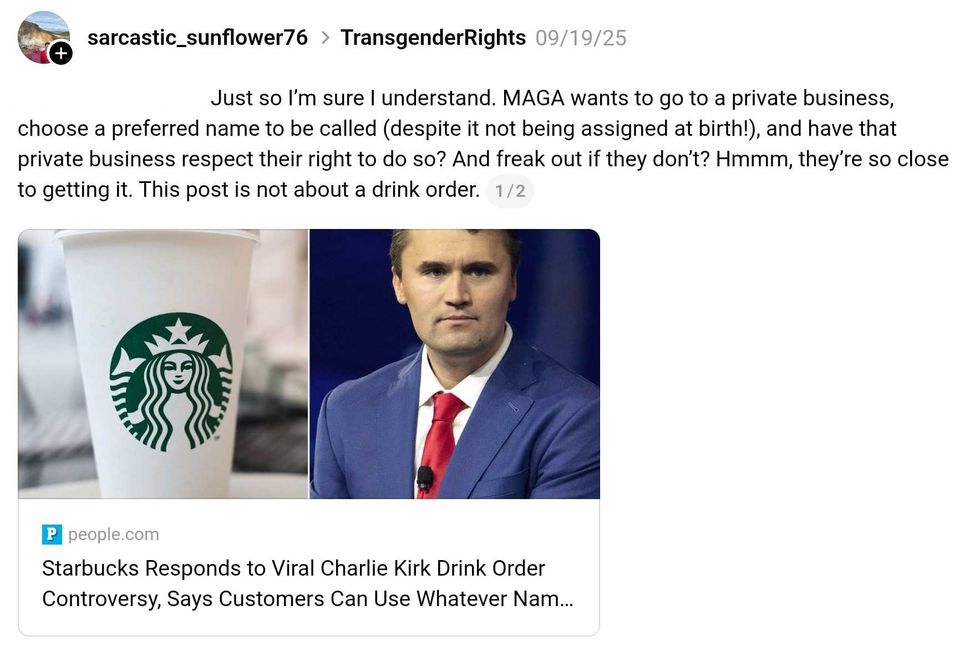 @sarcastic_sunflower76/Threads
@sarcastic_sunflower76/Threads @sarcastic_sunflower76/Threads
@sarcastic_sunflower76/Threads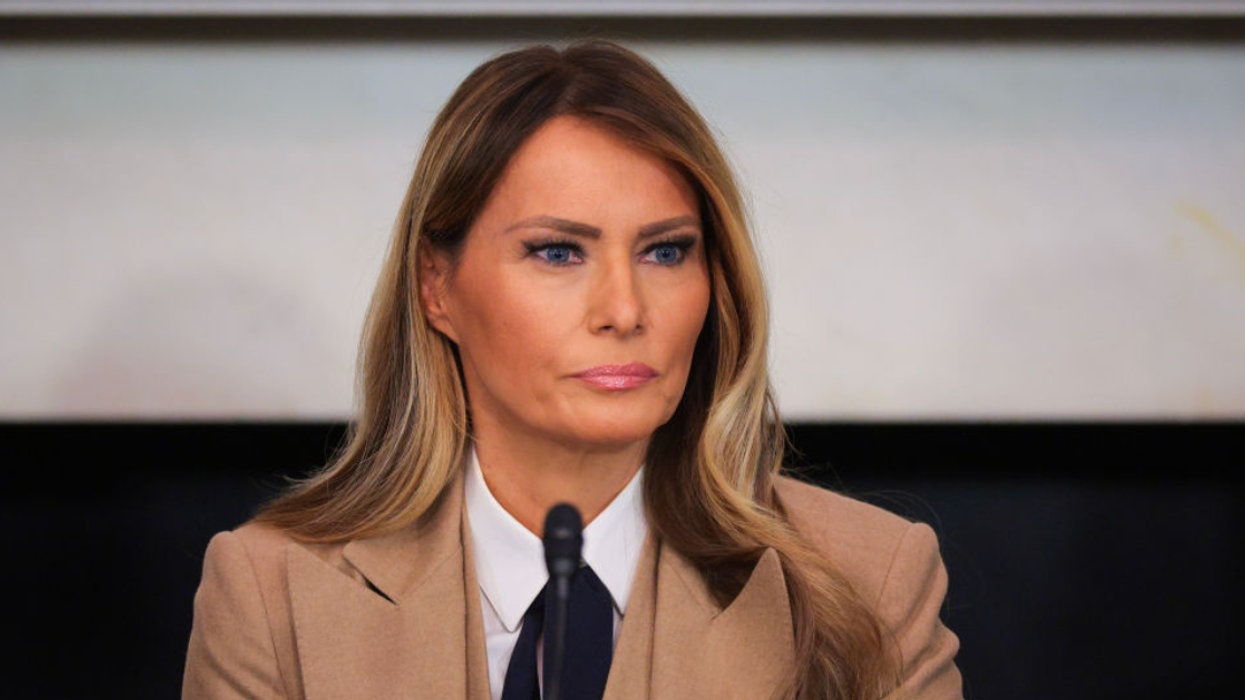
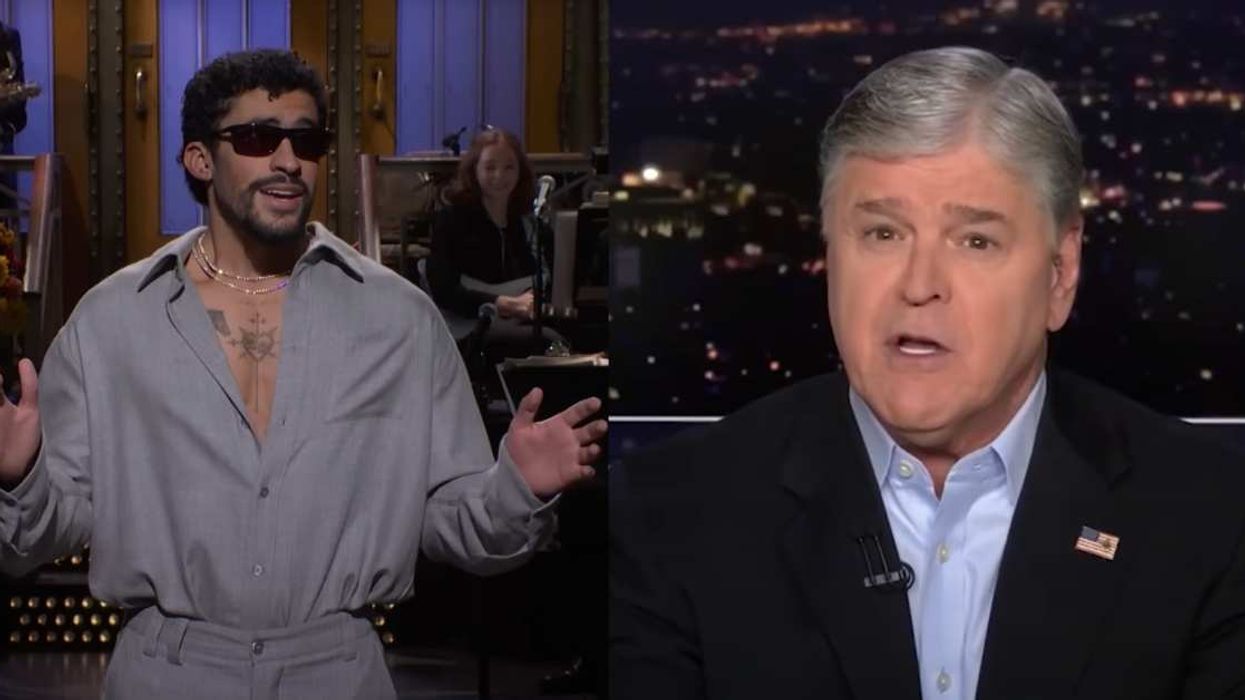

 Friends Tv GIF
Friends Tv GIF  Turning Away Doom Patrol GIF by HBO Max
Turning Away Doom Patrol GIF by HBO Max  Announce Listen Up GIF
Announce Listen Up GIF  Scooby Doo
Scooby Doo